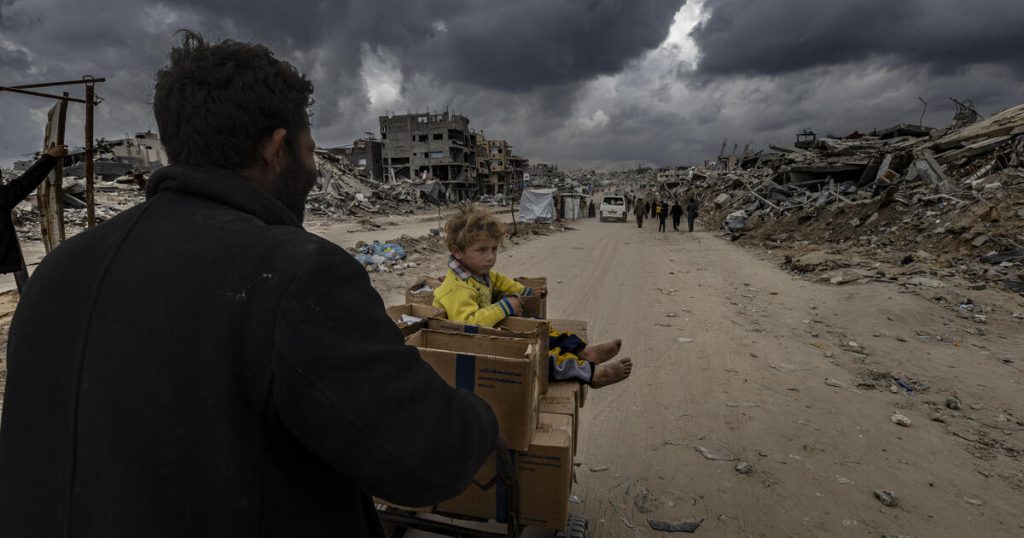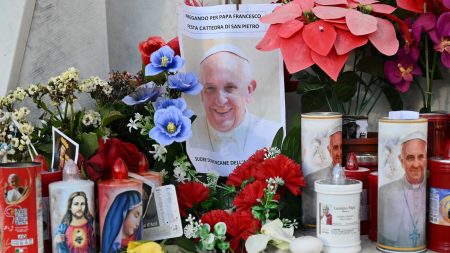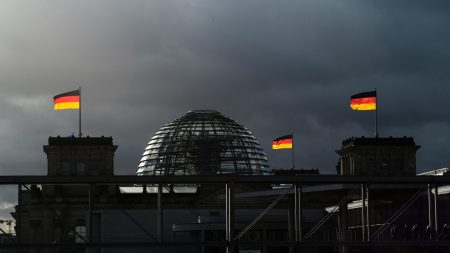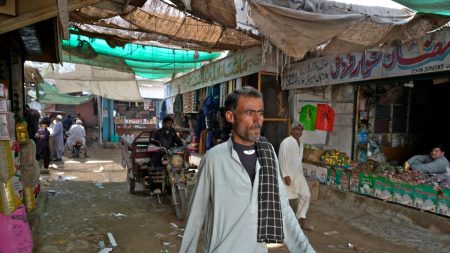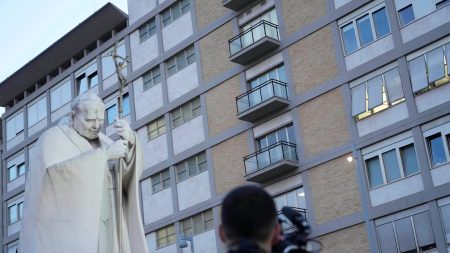The Rise and Fall of Hope: Trump’s Gaza Plan Sparks Outrage in the Arab World
The Arab world initially held high hopes that former President Donald Trump might bring lasting peace to the Gaza Strip and stability to the turbulent Middle East. His involvement in brokering the current ceasefire was met with optimism, as many believed he could play a pivotal role in ending the decades-long conflict. However, this optimism quickly turned to dismay when Trump proposed a controversial plan to forcibly relocate Gaza’s entire population of roughly 2.3 million Palestinians to neighboring countries, such as Egypt and Jordan. The plan, which aimed to transform the devastated Palestinian territory into a vacation destination, was met with widespread anger and confusion across the Arab world.
Egyptian President Abdel Fattah el-Sissi was among the first to condemn the proposal, calling it an "injustice" and emphasizing that the displacement of Palestinians from their homeland was unacceptable. "We cannot condone or be a part of the unjust displacement of Palestinians," he declared. El-Sissi’s stance reflected the broader sentiment in the region, where many viewed Trump’s plan as a threat to the very existence of the Palestinian people and their right to self-determination.
Egypt Leads the Charge: An Alternative Plan for Gaza’s Future
In response to Trump’s controversial suggestion, Egypt emerged as a key player in shaping an alternative plan for Gaza’s reconstruction and recovery. Egyptian Foreign Ministry spokesperson Tamim Khallaf outlined a comprehensive, phased approach aimed at rehabilitating Gaza without displacing its residents. The plan includes sequential phases of rubble removal, reconstruction, and the restoration of essential infrastructure. Khallaf emphasized that the plan would ensure Palestinians remain in their homeland, describing it as "operationally realistic and workable."
Egypt is also working closely with the United Nations and other international partners to organize an emergency conference focused on securing funds and resources for Gaza’s reconstruction. The U.N. and World Bank have estimated that 72% of Gaza’s housing, 84% of its health facilities, and 92% of its primary roads have been damaged or destroyed, highlighting the enormity of the task ahead. The plan is expected to be formally endorsed at an Arab summit in Cairo on March 4, with the hope of gaining broader international support.
A Fractured Response: Arab Leaders Divided Over Trump’s Proposal
While Trump’s plan has been rejected by the Arab world, the response to Egypt’s alternative proposal has been mixed. Jordan’s King Abdullah II, during a meeting with Trump in Washington, indicated that Arab nations were exploring ways to work with the U.S. administration while crafting their own solutions. However, the lack of a unified Arab stance has raised concerns about the feasibility of any proposed plan. Secretary of State Marco Rubio has called on other leaders to step up and present alternative ideas, but so far, few have done so.
The international community, particularly U.S. allies in Europe, has also rejected Trump’s relocation plan. European leaders have emphasized the importance of supporting Gaza’s reconstruction without forcing the displacement of Palestinians. Speaking alongside Spain’s prime minister, el-Sissi reiterated the need for international backing, stressing that any solution must prioritize the well-being and rights of the Palestinian people.
The Road Ahead: Challenges and Uncertainty for Gaza’s Reconstruction
Despite the progress being made on Egypt’s reconstruction plan, the path forward remains fraught with challenges. The success of any proposal hinges on the support of key players, including Trump and Israeli Prime Minister Benjamin Netanyahu. Without their backing, it is unlikely that any plan will gain traction. Additionally, the sheer scale of the destruction in Gaza demands a massive influx of funding and resources, which will require sustained international commitment.
Khallaf has expressed optimism about the possibility of generational healing between Palestinians and Israelis, but he stressed that this can only be achieved if Palestinians are allowed to live in an independent state of their own. "We look forward to working with the U.S. administration in achieving the long-awaited peace in the region," he said. For now, the focus remains on securing the necessary support and resources to begin the reconstruction process and restore hope to the people of Gaza. The coming weeks and months will be critical in determining whether the Arab world’s unified stance and Egypt’s comprehensive plan can pave the way for a more stable and peaceful Middle East.
The Human Cost of Conflict: A Call to Action for the International Community
The humanitarian crisis in Gaza continues to deepen, with millions of Palestinians living in dire conditions. The recent ceasefire has brought an end to the immediate violence, but the destruction caused by months of bombardment has left Gaza on the brink of collapse. The international community must act swiftly to provide emergency relief and support the reconstruction efforts. The alternative plan being championed by Egypt offers a glimmer of hope, but it will require the collective efforts of governments, international organizations, and civil society to turn it into a reality.
As the Arab world prepares to present its proposal at the upcoming summit in Cairo, the attention of the international community will be firmly on the Middle East. The situation in Gaza serves as a stark reminder of the human cost of conflict and the urgent need for a sustainable and just solution. The displacement of Palestinians from their homeland would not only perpetuate injustice but also undermine any chances of achieving lasting peace in the region. The world cannot afford to stand by as the people of Gaza suffer; it is time for decisive action and a commitment to justice, dignity, and peace.





